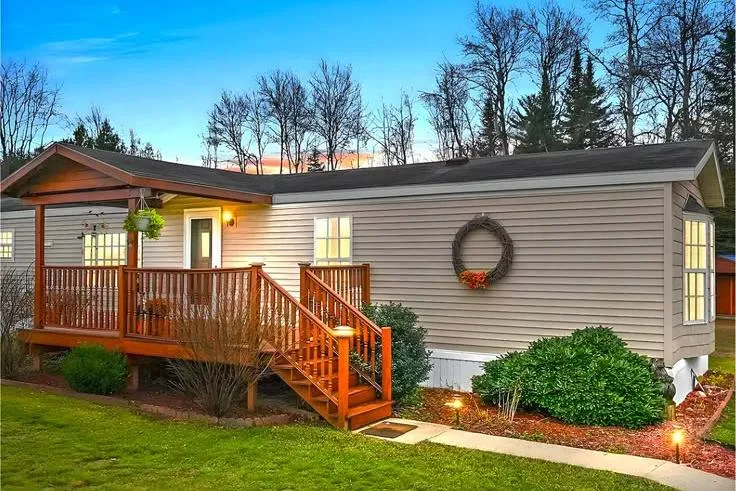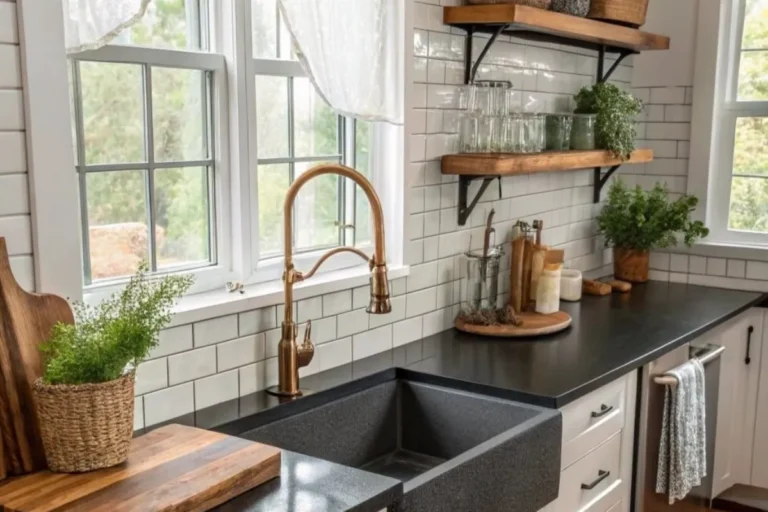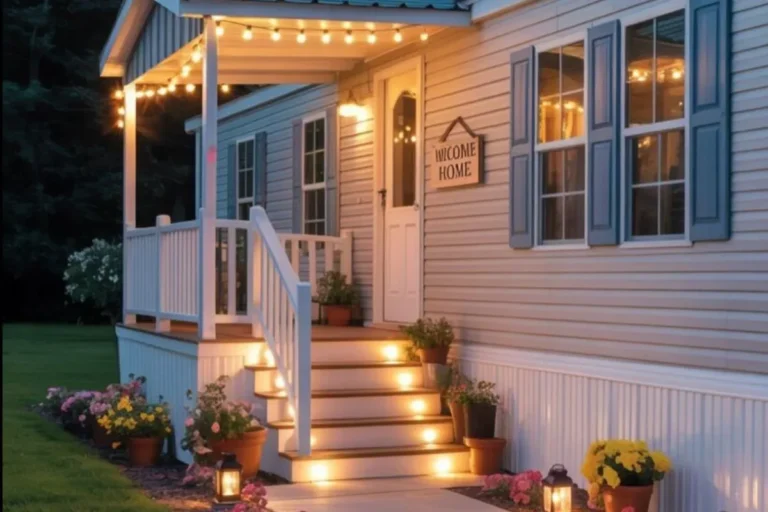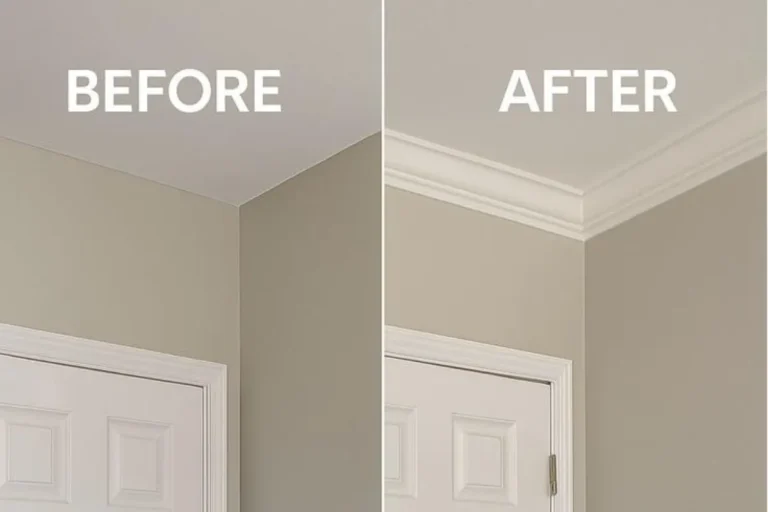Mobile homes have come a long way from their early days. Today, they offer affordable housing options, stylish living spaces, and even opportunities for energy efficiency and outdoor upgrades. Whether you’re a first-time buyer, a curious renter, or someone ready to remodel an old single-wide, this guide will walk you through everything you need to know.
What Is a Mobile Home?
A mobile home, also known as a manufactured home, is a prefabricated structure built in a factory and transported to a site for residential use. Unlike traditional site-built houses, mobile homes are constructed under federal HUD (U.S. Department of Housing and Urban Development) codes, which standardize safety, durability, and design.
Modern mobile homes come in single-wide, double-wide, and even triple-wide formats. They are highly customizable, often indistinguishable from site-built homes in both interior design and curb appeal.

How Much Is a Mobile Home?
One of the biggest appeals of mobile homes is their affordability. Costs vary based on the type, size, location, and customization. On average: Single-wide homes range from $30,000 to $70,000; Double-wide homes can cost $60,000 to $120,000; Triple-wide homes or luxury models may go well beyond $150,000.
Don’t forget to factor in land, installation, skirting, and utility connections.
How Long Do Mobile Homes Last?
With proper care, mobile homes can last 30–55 years or longer. The lifespan depends on: quality of materials used, how well it’s maintained, location and exposure to weather conditions, foundation and installation
Regular upkeep, like roof sealing, skirting replacement, and updating paneling, will ensure your mobile home stands the test of time.
What’s the Cost of Moving a Mobile Home?
Moving a mobile home isn’t as easy as hitching it to a truck. The cost varies depending on distance, permits, home size, and structural preparation. Here’s a general idea: Single-wide: $3,000–$5,000 for a local move; Double-wide: $5,000–$8,000 locally; $13,000+ for long distances; Triple-wide: $10,000+ due to complexity and transport needs
Choosing the Right Mobile Home Paneling
Interior aesthetics matter, and the right paneling can completely transform your space. Popular options include:
- Vinyl-coated drywall: Low maintenance and widely used in new models
- Wood paneling: Adds warmth but may need sealing
- Fiberboard or MDF: Budget-friendly and easy to paint
Skirting: Functionality Meets Curb Appeal
Mobile home skirting is more than just cosmetic—it protects the underside from pests, insulates your home, and prevents moisture damage. Skirting options include vinyl, brick, faux stone, and concrete.
Choose a design that complements your home and the surrounding landscape while meeting HUD requirements.
Remodeling Ideas for Old Single-Wide Mobile Homes
Older mobile homes, especially single-wides, can be remodeled into stunning, modern spaces. Key remodeling ideas include:
- Open-concept kitchen/living areas
- Upgraded bathroom fixtures
- New flooring and wall treatments
- Replacing outdated windows and doors
Get inspired with 10 budget-friendly remodel ideas: Budget-Friendly Old Single Wide Mobile Home Remodel Ideas That Make a Big Impact
Many upgrades are DIY-friendly and can dramatically increase the comfort and appearance of your home.
Can You Add a Porch to a Mobile Home?
Absolutely. Porches not only add charm but extend your living space. Whether you’re envisioning a cozy front porch or a spacious back deck, you’ll need to ensure it’s securely anchored and meets local codes.
Learn how to build a safe and stylish mobile home porch: How to Build a Porch for a Mobile Home
And if you’re looking for inspiration, don’t miss these stylish mobile home porch ideas that suit every aesthetic: 10 Mobile Home Porch Ideas for Every Style
Can You Install Solar Panels on a Mobile Home?
Yes, but it depends on your home’s structure and roof pitch. Ground-mounted solar panels are often a better choice if your mobile home’s roof can’t support the weight. Considerations include: local solar incentives; roof direction and shade; electrical system compatibility
Final Thoughts: Is a Mobile Home Right for You?
Mobile homes offer flexibility, affordability, and the ability to customize both interiors and exteriors. Whether you’re buying new, remodeling an old single-wide, or looking to make energy-efficient upgrades, there’s a lot to love about today’s mobile home living.



